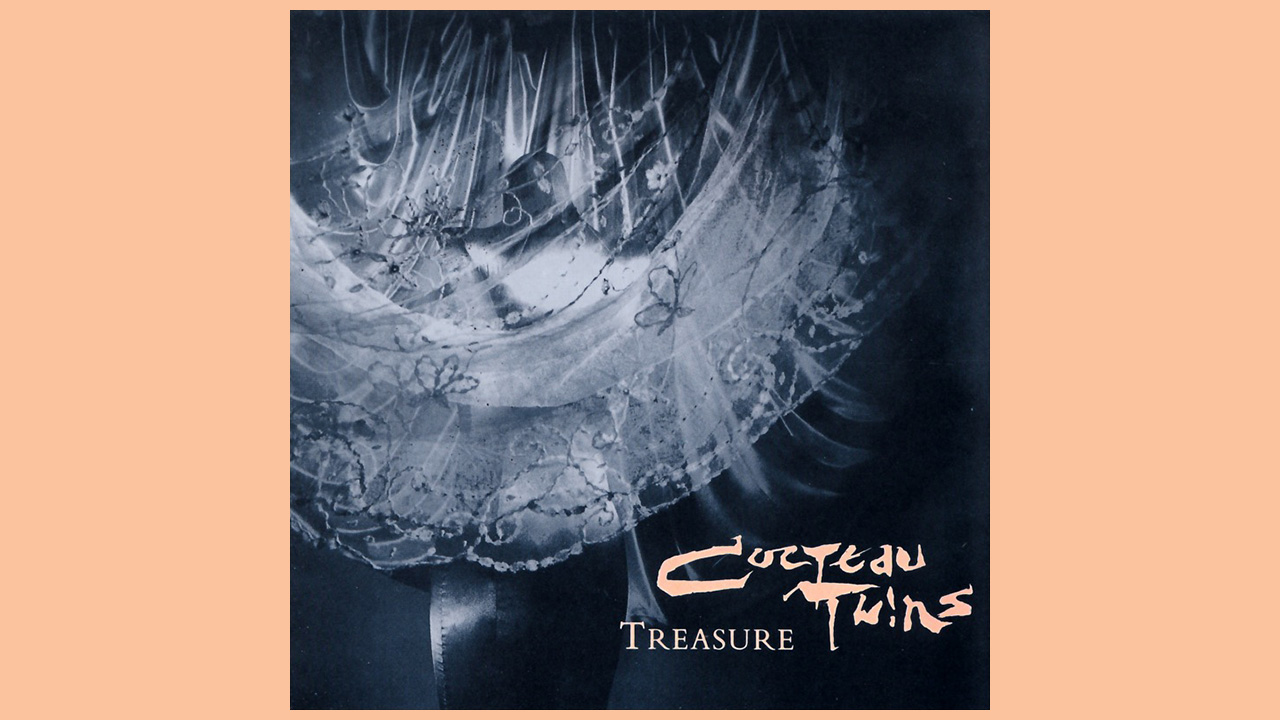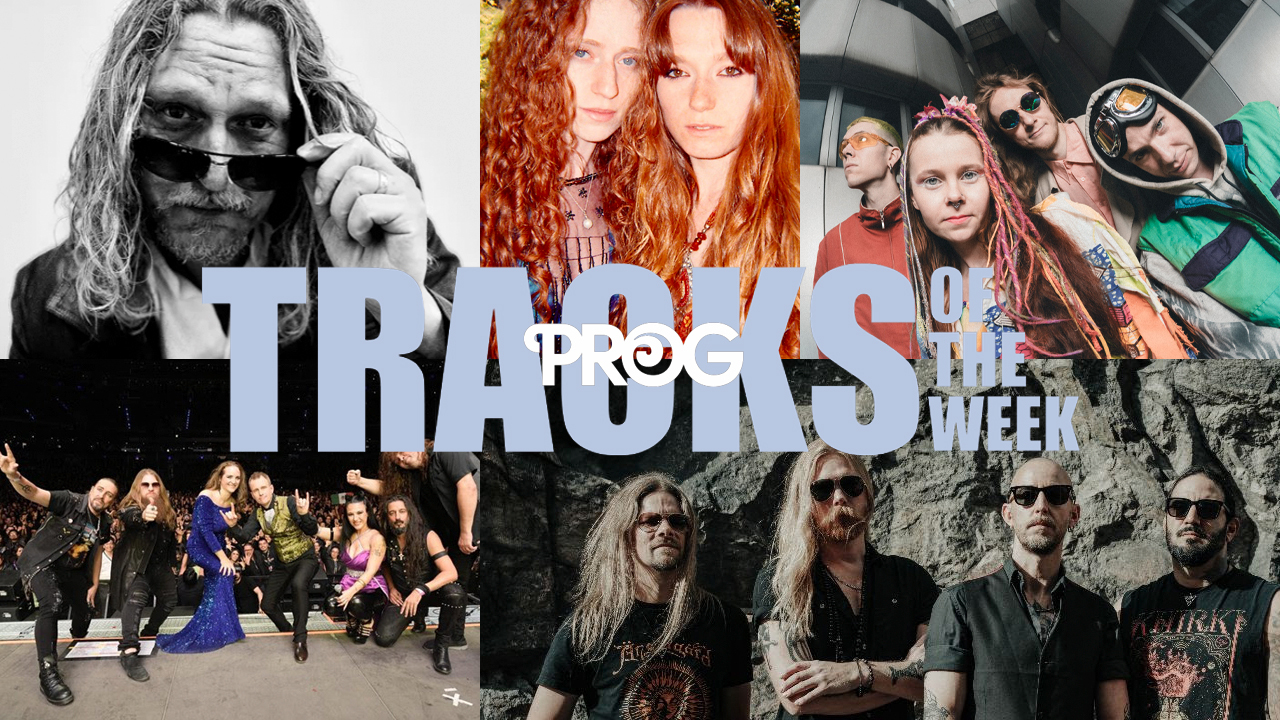“Restraint was something other bands did… with little precedent, they were a progressive band to their very core”: Revisiting Cocteau Twins’ Treasure
1984 release led the way for countless bands who’d be labelled shoegaze and dream-pop – but trio’s motivation was to find their own direction

Back in the mid-80s when levity and piss-taking were an integral part of the music press, British weekly music mag NME ran a humourous column called Bismillah in its jokey Thrills pages. It was dedicated to highlighting excruciatingly bad lyrics – who can forget The Cult’s ‘Sittin’ on a mountain, looking at the sun/Plastic fantastic lobster telephone’ from Aphrodisiac Jacket, among many other dubious pearls?
Bismillah probably sealed the image of Cocteau Twins singing in gibberish when it ran the lyrics of Ivo, the opening song of Treasure, as: ‘Ping pong page scrub pandor pompadour/Henry he’s sweet he saved me.’ (They are, in actual fact, ‘Peep hole, peach blow, Pandora, pompadour/Pale leaf, pink sweet, Persephone.’)
Of course, Cocteau Twins, and more specifically, singer Elizabeth Fraser, were much smarter than the jokes suggested. Partly masking her own shyness, her lyrical obfuscation worked better when looked at as a form of instrumentation that blended with the ethereal contributions of guitarist and co-founder Robin Guthrie, plus newly-joined bassist Simon Raymonde – who would later find even greater success as the founder of the Bella Union record label.
Released in1984, Treasure is the point where musical vision and ambitions coalesced to create a world that was wholly their own. Previous LPs Garlands (1982) and Head Over Heels (1983), along with a steady series of EPs, had displayed their evolving maturity. The catalogue had won them the support of John Peel’s listeners and the more cerebral wing of what was later to be defined as ‘goth.’
Fraser’s vocal, couched in childlike splendour, elevate Cocteau Twins to the height of true originals
Treasure found the trio unshackling the ties of inspiration to set sail into an ocean of creativity that defied the narrow strictures of easy categorisation. Restraint was something that other bands did.
In the studio they luxuriated in the soundscapes of reverb and the widescreen effects of delay pedals and echoes. Embracing the emerging digital technology, their walls and sheets of sound would shine the light for the legions of bands for years to come.
It would be called shoegaze in the UK; the Americans would dub it dream pop – while really, with little precedent, Cocteau Twins were a progressive band to their very core.
Sign up below to get the latest from Prog, plus exclusive special offers, direct to your inbox!
Witness the chimes of Lorelei that evoke the frosts of winter; or the sang-froid that drives the chilly yet charming Aloysius. And while the musical backdrop from Guthrie and Raymonde pushes forward, Fraser’s vocal whoops and undulations, seemingly couched in childlike splendour, elevate Cocteau Twins to the height of true originals.
The Victorian-sounding names for song titles (see Beatrix and Cicely) left them open to detractors. But like all true pioneers, their hats were always going to be filled with arrows.
Julian Marszalek is the former Reviews Editor of The Blues Magazine. He has written about music for Music365, Yahoo! Music, The Quietus, The Guardian, NME and Shindig! among many others. As the Deputy Online News Editor at Xfm he revealed exclusively that Nick Cave’s second novel was on the way. During his two-decade career, he’s interviewed the likes of Keith Richards, Jimmy Page and Ozzy Osbourne, and has been ranted at by John Lydon. He’s also in the select group of music journalists to have actually got on with Lou Reed. Marszalek taught music journalism at Middlesex University and co-ran the genre-fluid Stow Festival in Walthamstow for six years.



